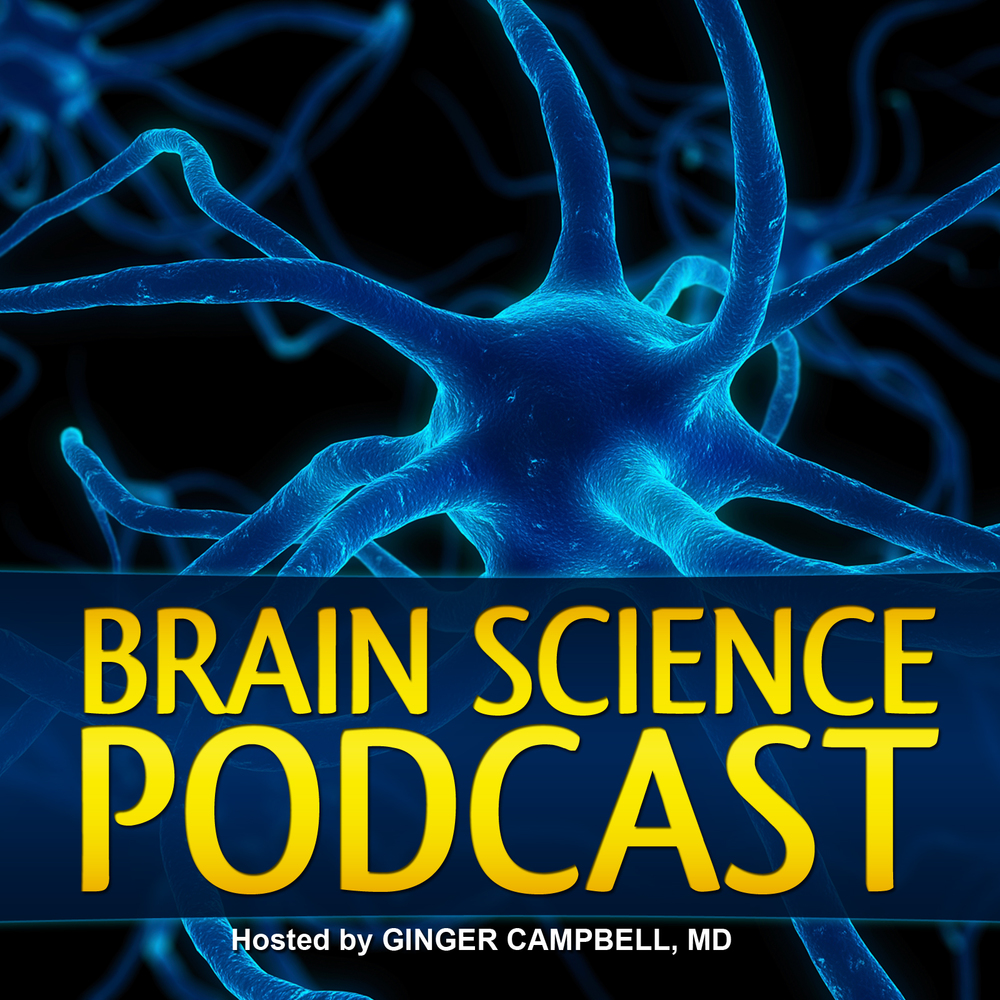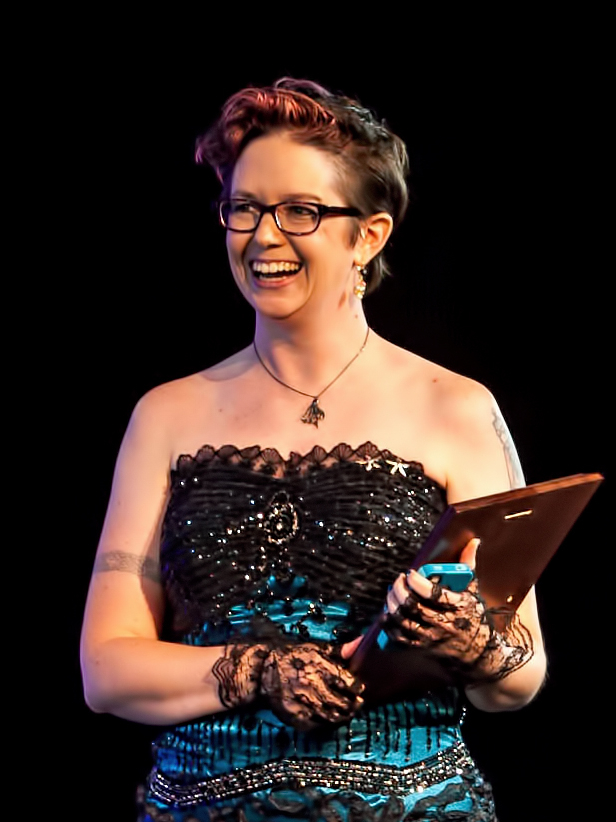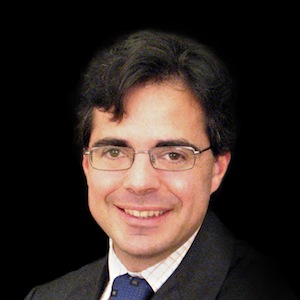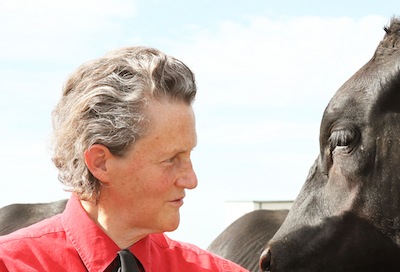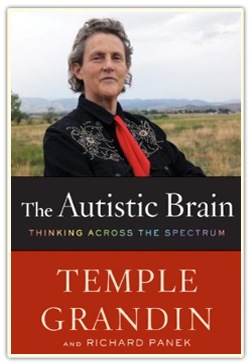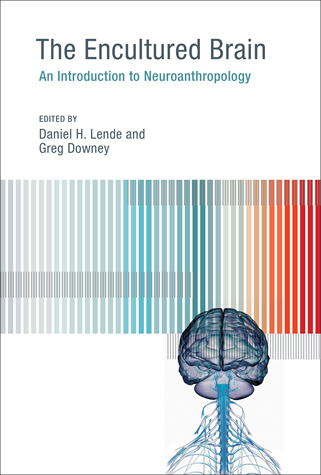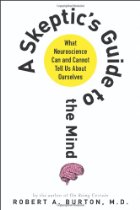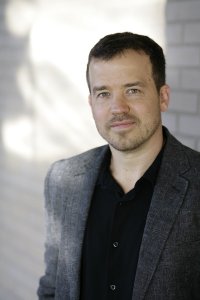Brain Science Podcast turns Seven
/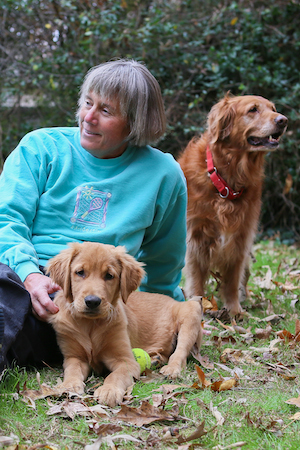 Ginger Campbell with Rusty and GretaEarlier this month my Brain Science Podcast celebrated its seventh anniversary. I haven't been doing a very good job of updating this website in recent months, but I wanted to take a moment to look back at 2013. While I only published two episodes of Books and Ideas, I did publish 12 episodes of the Brain Science Podcast and I am looking forward to some major changes in 2014.
Ginger Campbell with Rusty and GretaEarlier this month my Brain Science Podcast celebrated its seventh anniversary. I haven't been doing a very good job of updating this website in recent months, but I wanted to take a moment to look back at 2013. While I only published two episodes of Books and Ideas, I did publish 12 episodes of the Brain Science Podcast and I am looking forward to some major changes in 2014.
 BSP 103 featured the return of Olaf Sporns who was also interviewed back in BSP 74. Last month we talked about his most recent book Discovering the Human Connectome.
BSP 103 featured the return of Olaf Sporns who was also interviewed back in BSP 74. Last month we talked about his most recent book Discovering the Human Connectome.
BSP 104 is our seventh annual review episode, which highlights the main ideas that we explored in 2013. I also announced that beginning on December 30, 2013 I will be offering a Premium Subscription. The most recent 25 episodes of the Brain Science Podcast will remain free while older episodes and episode transcripts will be available via subscription. Subscribers will get unlimited access to the entire library of content while individual episodes and transcripts can be purchased on the BSP website.


